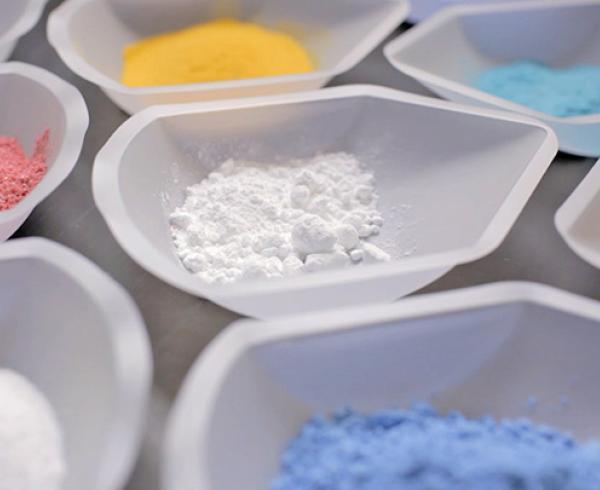Ways to Add Potassium to Your Diet
Fortunately, there are a variety of ways to add more potassium to the diet. For non-athletes, consuming naturally rich food and beverage sources of potassium may suffice if it’s done on a daily basis. For endurance athletes, supplements and functional products can help bridge any gaps.
Supplements
Potassium supplements for sports nutrition range from ready-to-mix beverage powders for hydration to electrolyte gels, chews, and capsules. For dry formats, adequate hydration will still be important due to the close relationship between potassium and water.
Beverages
For ready-to-drink options, sports drinks with electrolytes are a convenient way to get potassium while on the go. Another popular option among endurance athletes, particularly for post-workout replenishment, is low-fat or nonfat milk.
Foods
When looking at foods for potassium, dried fruits such as apricots and raisins come in at the top—even ahead of bananas. Starchy vegetables like potatoes and squash, as well as certain legumes like lentils and kidney beans, are important sources of potassium, in addition to fortified products like bars.







